maybe what I hope to express isn't so clearly, the first case is a sample about when and how to use
volatile, And to make the program run successfully, We need to add the volatile.
the second is in the hope to express that, even without the volatile, the program sitll run successfully. And I hope to know why this will happen without ‘volatile’
In the first sample, a typical sample of using volatile
public static int num=1;
public static class MyThread extends Thread {
// flag
private boolean flag = false ;
public boolean isFlag() { return flag;}
@Override
public void run() {
try {
Thread.sleep(1000);
} catch (InterruptedException e) { e.printStackTrace();
}
// change flag to true
this.flag = true ;
System.out.println("flag=" + flag);
this.flag=true;
}
}
// main
static void testWithOutVolatile(){
MyThread t=new MyThread();
t.start();
while(true) {
boolean is=t.flag;
if (is) {
System.out.println("run======");
}
}
}
After started, the main thread won't find the change of flag unless using volatile
However, in the sample, unexpectedly, thread2 got the change of flag, why this happen?
static int amb=0;
static void testSimple(){
Thread t1=new Thread(()->{
try {
TimeUnit.SECONDS.sleep(1);
} catch (InterruptedException e) {
e.printStackTrace();
}
amb++;
});
Thread t2=new Thread(()->{while(true) {
if (amb == 0) {
System.out.println("no");
}
if (amb != 0) {
System.out.println("SUc");
break;
}
}});
t2.start();
t1.start();
}
And After a try, I find if I remove the code
if (amb == 0) {
System.out.println("no");
}
it will run as I thought, thread2 can't get the change.
Thanks for your answer, QwQ
